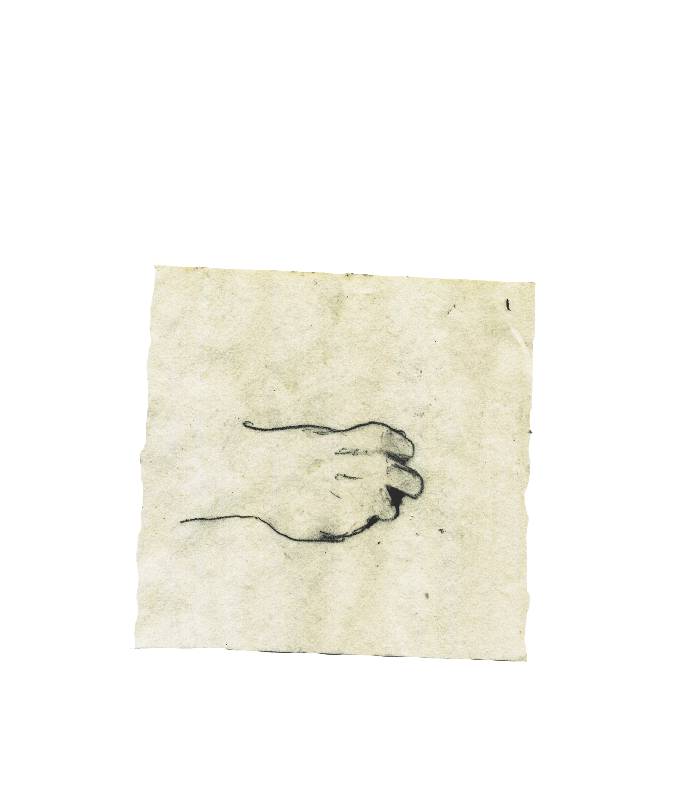Love is... Red Flag
Tanya Pioniker x Igor Tsvetkov
2024 / 2025
"СHRONICLES OF MADNESS"
"Chronicles of Madness" is essentially an outline for the original never-completed series under the working title "Martian Chronicles". The series was conceived by me as a pseudo-documentary narrative, telling through looped GIF files the story of a commune who escaped from Latgale (eastern Latvia), to Mars, during the First World War. According to legend, deserters, refugees and other victims of the war gathered on an abandoned farm in eastern Latvia and assembled a spaceship from various parts of weapons of that time and flew to Mars, forming a commune there free from negative relations, conflicts and other "bad things".
I mentally divided it into several parts.

1) Devices and tools. The First World War, engineering developments and weapons.
This is the part I started with. At that time, I was interested in the history of the First World War, and especially the events that take place not on the map of the fighting, but, if I may say so, around it. In particular, I was interested in engineering, sociological, and medical research conducted at that time, and of course their results. Tanks, aircraft, machine guns, and weapons of mass destruction were used in the war. Surgical and medical equipment also underwent a lot of changes, X-rays appeared, and it was used before the negative impact on humans was studied, the same applied to other technologies containing radiation materials. Cinema has moved far ahead, and has begun to displace theater and other mass entertainment. The film was extremely flammable and dangerous, there were constant fires (especially during the war) and original copies of the films were burned. But none of these consequences stopped a human in their thirst for new emotions. It seemed that the objects themselves produced as a result of these unfinished studies fascinated humanity and were more important than the lives of fallen soldiers and the health of ordinary people.
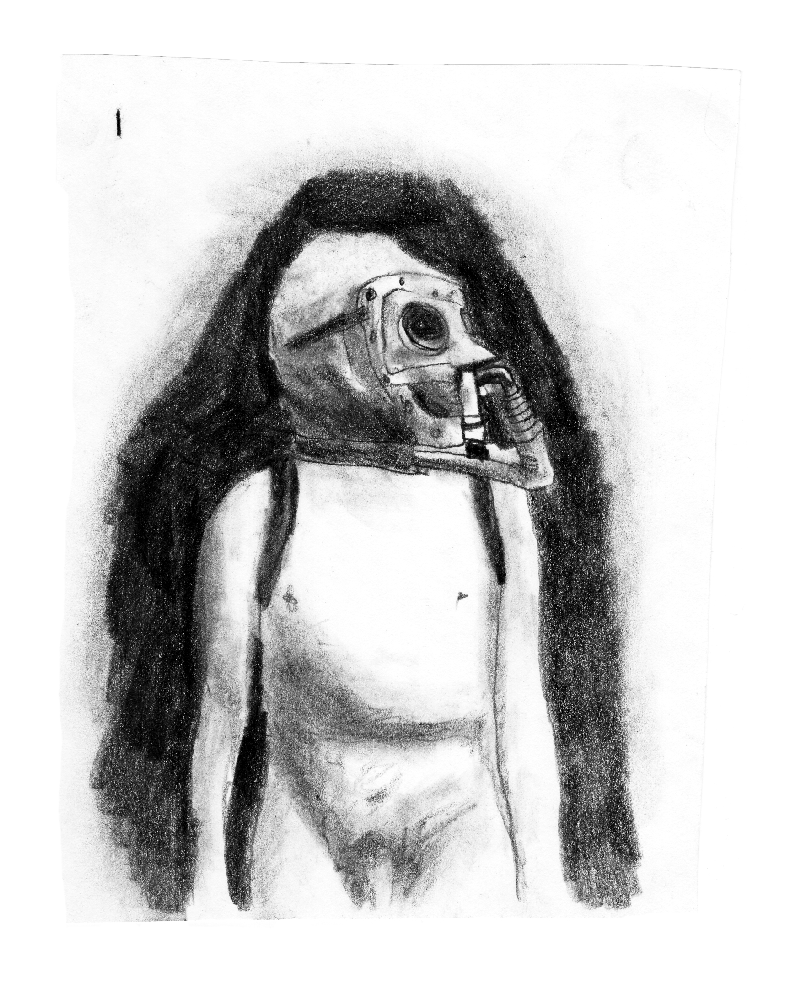
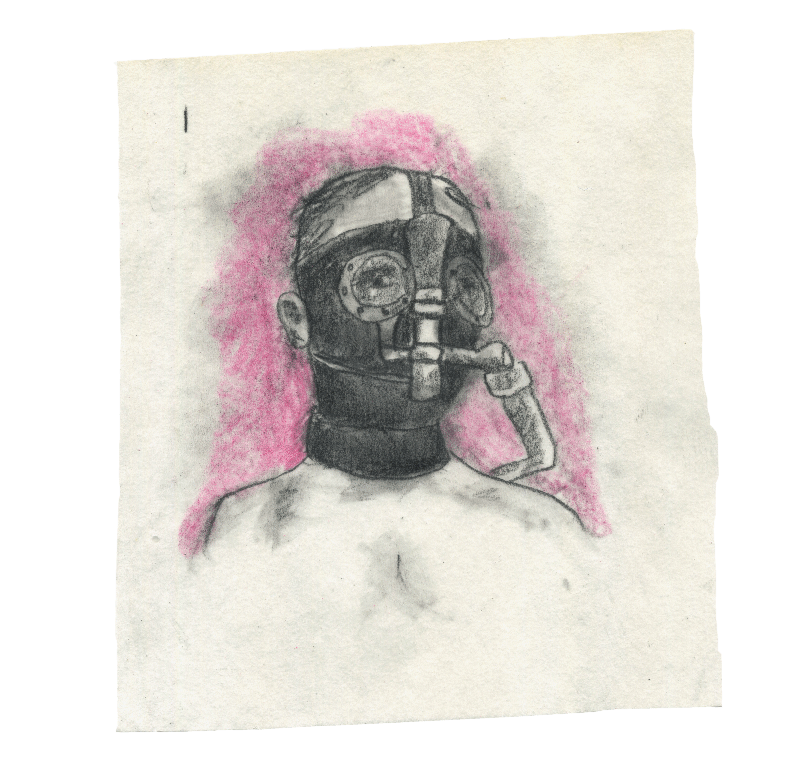

2) Characters and heroes. Michel Foucault and Salpetriere.
I was initially interested in the topic of insanity after reading Michel Foucault's "History of Insanity". His conclusions about the penetration of "madness" and "reason" into each other, the impossibility of the existence of one without the other, as well as the concepts of "critical" and "mystical experience of madness" introduced by him, touched me incredibly. In "The History of Insanity", Michel Foucault describes how the treatment of "mental illnesses" has evolved, how diagnosis has changed, how classification has changed, how the gender division of diseases has appeared and disappeared, and other changes in the framework of discourse that are commonly called changes in "social constructs". In describing these processes, Foucault focused most of all on the history of his own country, France, and especially on the pearl of medical thought of that time, "The Salpetriere Hospital". Indeed, a huge number of outstanding doctors and psychotherapists worked there at that time and often used them, (following the same logic of the " critical experience of insanity») quite barbaric methods of "treatment". For example, with the help of huge "masturbation-devices", powered by stokers from the working class, for treating "female hysteria". Water baths, where the body of the "patient" was locked in the water, and the head was locked outside. And f.e. the "Sharko shower", which has survived to this day. Well, and other perversions inherent in French culture, multiplied by the power of European thought.
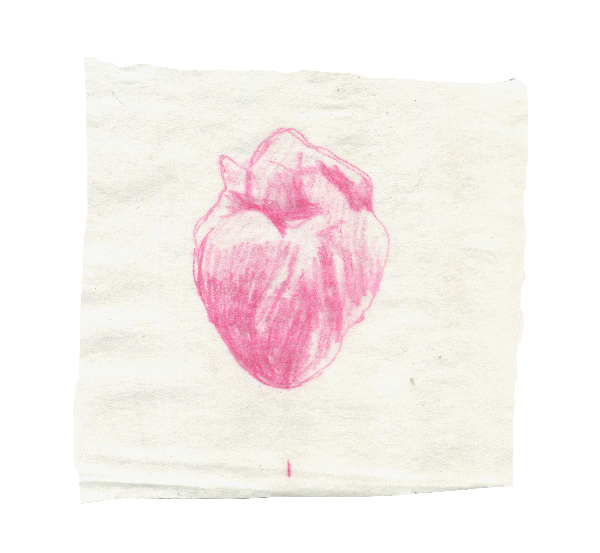
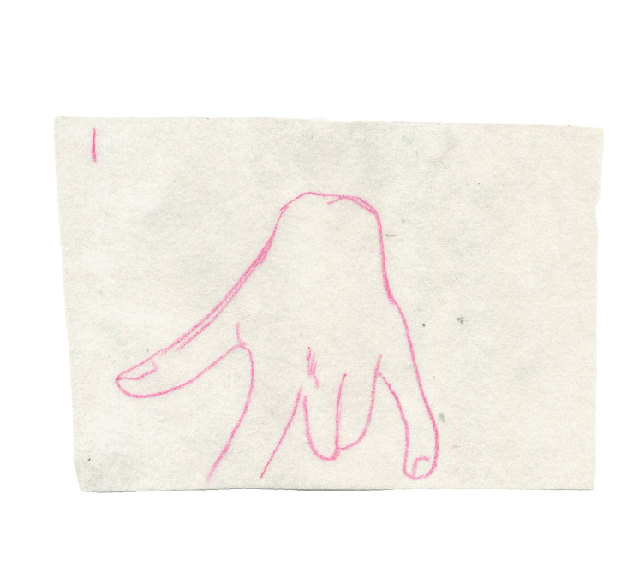

At war soldiers with several mental and neurological injuries were admitted to hospitals, for the first time in the history. The use of tanks and aircraft, as well as machine guns and chemical weapons, together with the preserved traditions of infantry combat attack, led "noble game" of the aristocracy, to an unsightly meat grinder in hastily made gas masks and bulletproof vests (it was then that the term "cannon fodder" appeared, describing the strategy of the German command). The sight that the combatants faced was truly bloodthirsty, causing severe nervous and mental injuries, driving people crazy. So the diagnosis of “shell shock”appeared.
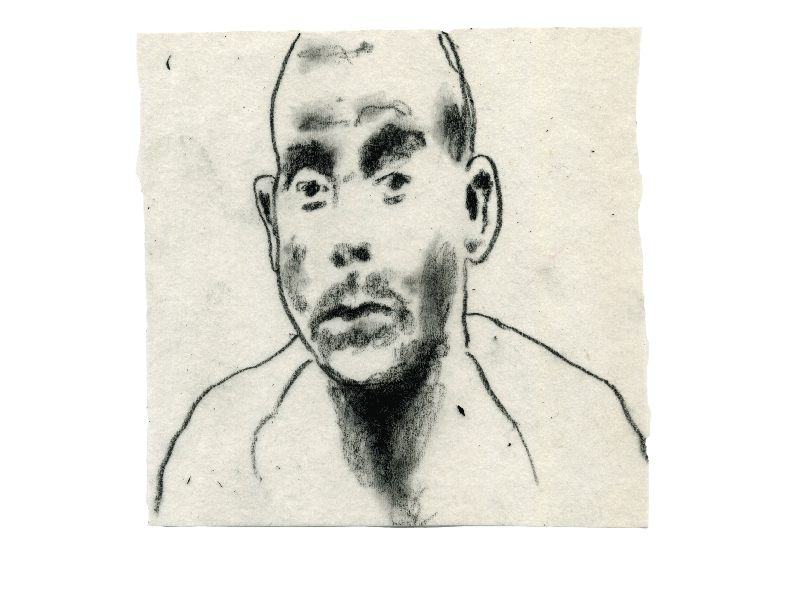
Thinking of the very first series about escape to Mars, I conceived a narrative, with the main and secondary characters, but gradually immersing myself in the material, and realizing the complexity of the original task, as well as the impact of this work on my personal life, I began to abandon the presence of the main and secondary characters, giving myself to the flow. I took from the original idea only the ideas of abandonment, alienation, uselessness of certain groups of people. "Strange", "sick", and "crazy" people. Epileptics, shell-shocked, representatives of national ethnic minorities, mentally unstable, deserters, etc.
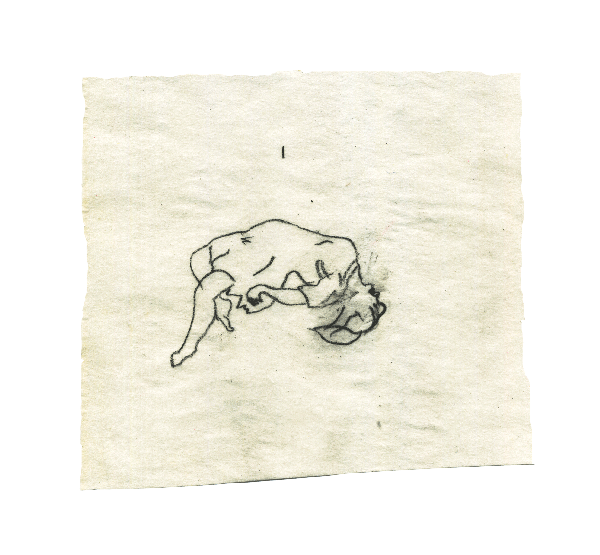
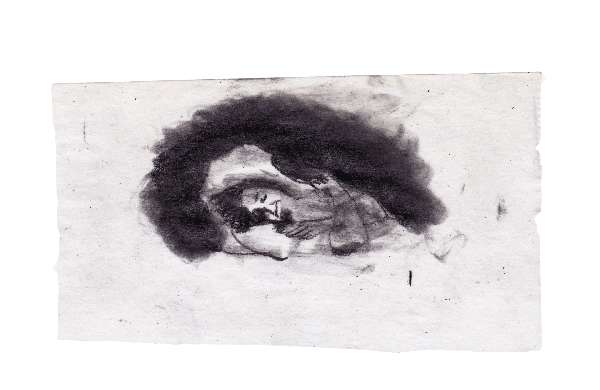


3) Ideology.
Speaking of ideology, I would start with the Middle East. Middle East and its tangle of incessant wars and conflicts, concentrated on a relatively small geographical area, made me think about the topic (which everyone probably thought about) how to stop a protracted war. I realized that in general, there is no way, and perhaps you can only escape. At first, my Martian commune did not want to run anywhere at all, it rather had to declare its ideals by building a separate commune on Mars, thereby advertising a new life and attracting supporters, but gradually their plans changed and their move turned into an escape, heroes turned into refugees and the spaceship into a "ship of fools".
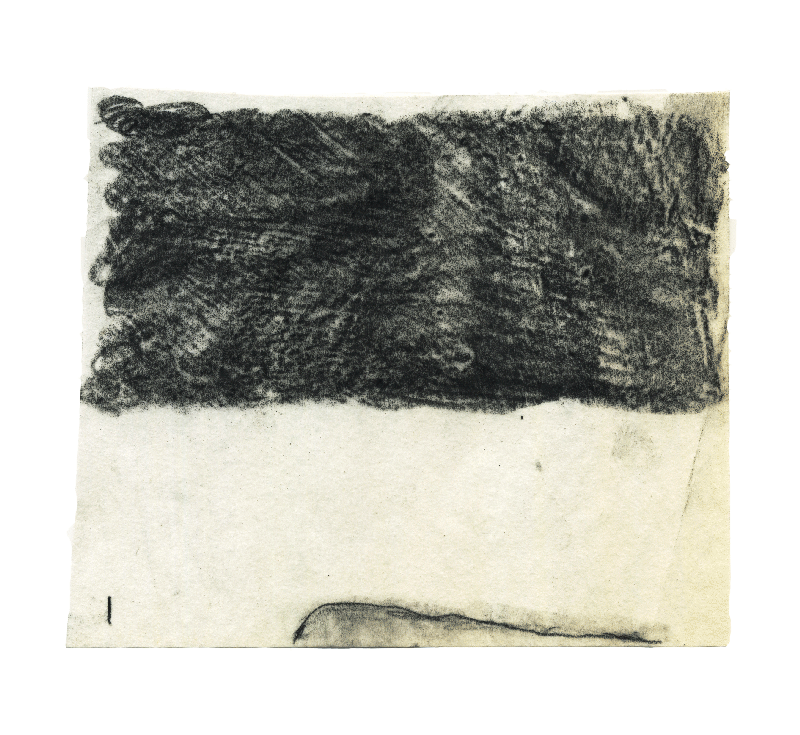
4) Geography.
Why Latgale (Eatern Latvia)? I have always been interested in the “grey zones", in every sense: geographically, physically, legally, morally or spiritually. They interested me not only as an observer and researcher, but also as a direct inhabitant. All my adult life, I stay in the "gray zones". Conscious or unconscious – it doesn't matter. In fact, my mentality is the result of a long stay in the "gray zones". Speaking about Latgale and my own national identity, I can note the intersection of several "gray zones". My own national identity is very complex, I rather define myself as a cosmopolitan with a great influence of Eastern European cultures, but in many aspects, (including by blood), I am a Latgalian (Latvian). Latgale has never been independent, but it has never demanded it, Latgale has always belonged to someone or depended on someone, Latgalian language is a mixture of all the Eastern European languages of that region based on Latvian language. Latgalian nationality is not officially recognized by the Latvian State. Despite the official status of the state language, Latgale is considered by many to be a dialect of Latvian. Latgale, geographically, politically, historically and socially, is such a big "gray zone". Well, returning to the topic of the characters (their restlessness and uselessness, as well as disrespect from the strong), the choice of Latgale as a place of action was obvious. As I said, I went far from the original idea, but still among the sketches there is a portrait of a "purebred" Latgalian my great-grandmother Dominika.
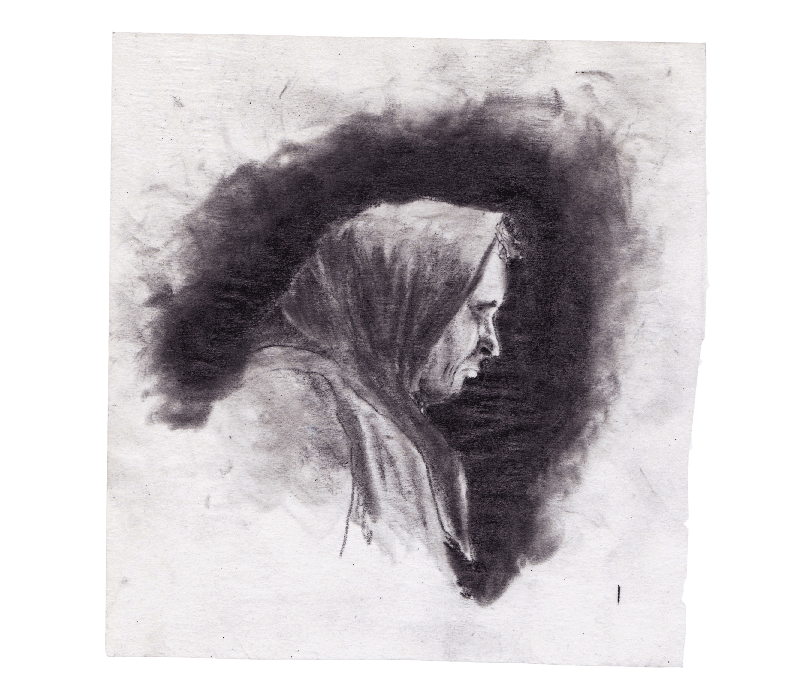
But this classification I came up with, already in the process of working on the series. I began to research for any visual references to those topics that were interesting to me. After collecting a certain library, I decided to make some sketches and see what would come out of it. Having made these sketches, I liked the result so much that I could not stop and could not return to the original idea of the narrative, which assumed the creation of the main characters and their description, the invention of devices, ideology, as well as the story of the actual journey to Mars and possibly the story of a colony organized by immigrants on Mars.
As I became more and more immersed in the material, I began to lose the literal thread with the original story, but I began to find a connection with my own story, the drawings began to intertwine with events from my own life and in some cases outstrip it, which began to make me scary, I did not expect such an effect, but also did not expect that my future could be so heavy and contain such a depth of dark emotions. At some point, I felt burnout and could no longer continue working, this burnout was expressed, among other things, in the understanding that the world that I was studying, and it was not only my inner world, but also the surrounding world, is not capable of these changes that we dream of. We are doomed to those relationships that we reproduce from year to year, and the program of our existence does not have the "code" for this possibility.
